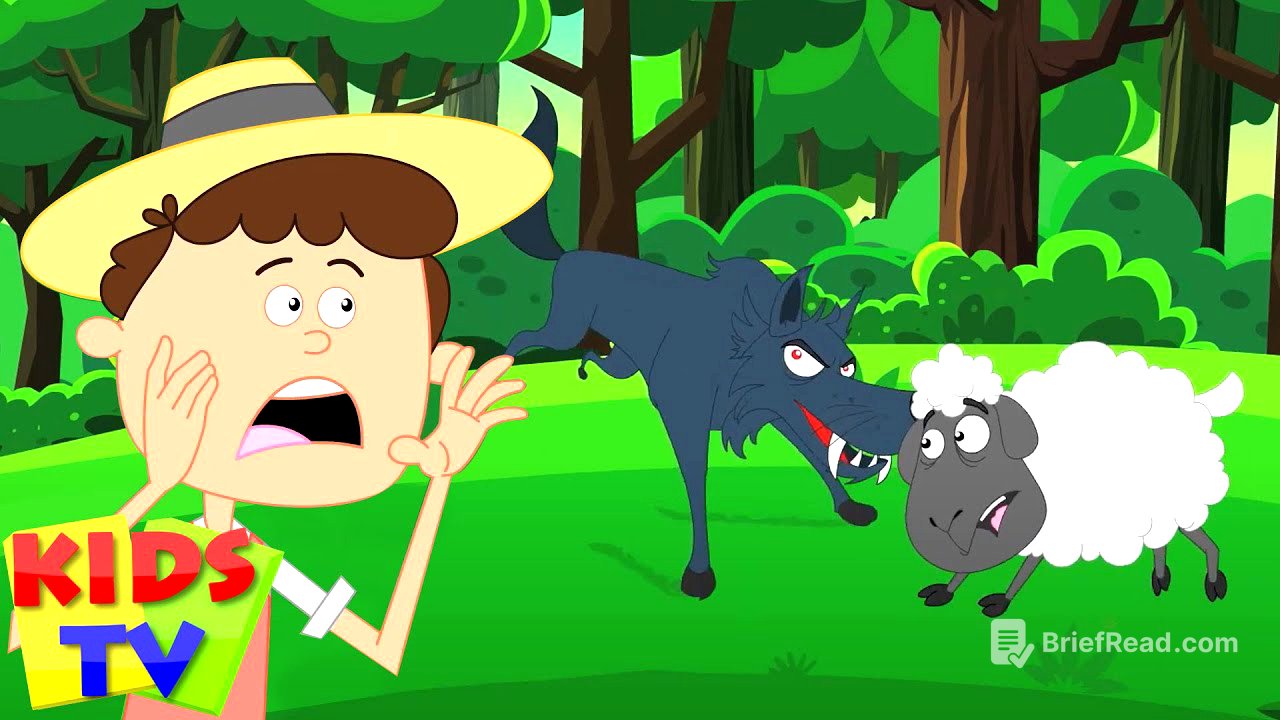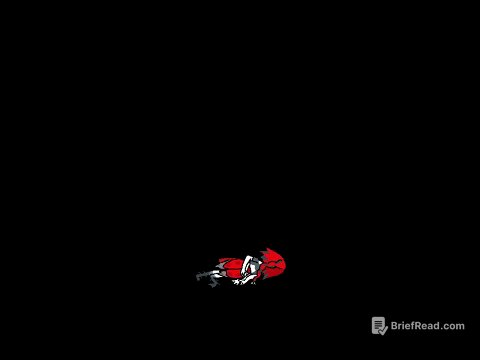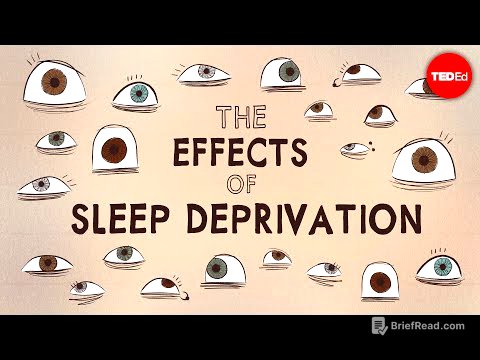TLDR;
This video presents a collection of classic fables, each conveying a moral lesson. The stories include "The Boy Who Cried Wolf," "The Ass and His Master," "The Ant and the Dove," "The Goose with the Golden Eggs," "The Miser and His Gold," "The Dog and His Reflection," "The Two Fellows and the Bear," "The Fox and the Grapes," "The Ass in the Lion's Skin," "The Lion and the Mouse," "The Crow and the Pitcher," and "The Lion, the Fox, and the Ass." Each tale illustrates themes such as honesty, contentment, reciprocity, greed, the value of wealth, foolishness, loyalty, resourcefulness and the consequences of betrayal.
- The importance of honesty and the consequences of lying.
- The value of contentment and the grass isn't always greener.
- The significance of reciprocity and helping each other.
- The dangers of greed and its potential to lead to loss.
- The importance of using one's resources and skills wisely.
- The consequences of betrayal and the importance of loyalty.
The Boy Who Cried Wolf [0:03]
A young shepherd boy, bored with his solitary job, devises a plan to create excitement. He falsely cries "wolf" multiple times, tricking the villagers into rushing to his aid. However, when a wolf actually appears and he calls for help, the villagers, having been deceived before, ignore his cries. As a result, the wolf devours the sheep, and the boy learns the hard way that a liar is not believed even when telling the truth.
The Ass and His Master [1:16]
An ass, burdened by heavy work and little food under his herb seller master, petitions Jupiter for a change. Jupiter grants his wish, but each new master brings worse conditions. First, he's sold to a tilemaker with heavier loads, then to a tanner. Realizing his final master will use his hide even after death, the ass laments that it would have been better to stay with his original master. The moral is that discontentment rarely leads to happiness.
The Ant and the Dove [2:33]
An ant, swept away by a river current, is saved by a dove who drops a leaf for it to climb on. Later, a bird catcher sets a trap for the dove. The ant, remembering the dove's kindness, stings the bird catcher, causing him to drop his twigs and alert the dove, who flies away. This story illustrates the principle that one good turn deserves another.
The Goose with the Golden Eggs [3:23]
A countryman discovers that his goose lays golden eggs. He becomes rich by selling them, but his greed grows. Impatient to get all the gold at once, he kills the goose, only to find nothing inside. The story warns that greed often overreaches itself, leading to the loss of what one already has.
The Miser and His Gold [4:14]
A miser hides his gold at the foot of a tree, visiting it weekly to gloat over his treasure. A robber steals the gold. When the miser discovers the empty hole, he cries out in despair. A neighbor points out that since he never used the gold, merely looked at it, the empty hole should serve the same purpose. The fable teaches that wealth unused is as good as nonexistent.
The Dog and His Reflection [5:12]
A dog, carrying a bone, sees his reflection in the water and mistakes it for another dog with a bigger bone. Overcome by greed, he drops his own bone and jumps into the water to seize the larger one, only to find nothing. He loses his bone and realizes his foolishness. The moral is that greed is a foolish trait.
The Two Fellows and the Bear [6:14]
Two fellows are traveling through a wood when a bear attacks. One climbs a tree, while the other throws himself on the ground, pretending to be dead. The bear sniffs him but leaves, as bears don't eat dead meat. The fellow in the tree asks what the bear whispered to him; the other replies that the bear advised him never to trust a friend who deserts him in a pinch.
The Fox and the Grapes [7:12]
A fox tries repeatedly to reach a bunch of grapes hanging from a high vine but fails. After several attempts, he gives up and walks away, saying the grapes are probably sour anyway. The fable illustrates that it is easy to despise what you cannot get.
The Ass in the Lion's Skin [8:02]
An ass finds a lion's skin and wears it, frightening both men and animals in his village. However, when he brays in delight, his true identity is revealed, and his owner beats him for the trouble he caused. A fox remarks that his voice betrayed him. The moral is that fine clothes may disguise, but silly words will disclose a fool.
The Lion and the Mouse [8:53]
A mouse awakens a sleeping lion, who is about to eat him. The mouse begs for forgiveness, promising to return the favor someday. The lion, amused, lets him go. Later, the lion is caught in a trap. The mouse gnaws through the ropes, freeing him. The story demonstrates that little friends may prove great friends.
The Crow and the Pitcher [10:06]
A thirsty crow finds a pitcher with very little water at the bottom, out of reach. After trying unsuccessfully to reach the water, the crow drops pebbles into the pitcher one by one, gradually raising the water level until he can drink. The fable shows that little by little does the trick.
The Lion, the Fox, and the Ass [11:21]
An ass and a fox go into partnership to find food. When they encounter a lion, the fox offers to deliver the ass to the lion in exchange for his own freedom. The lion agrees, and the fox leads the ass into a pit. Once the ass is trapped, the lion turns on the fox and eats him before feasting on the ass. The moral is that if you betray a friend, you'll often find you have ruined yourself.









